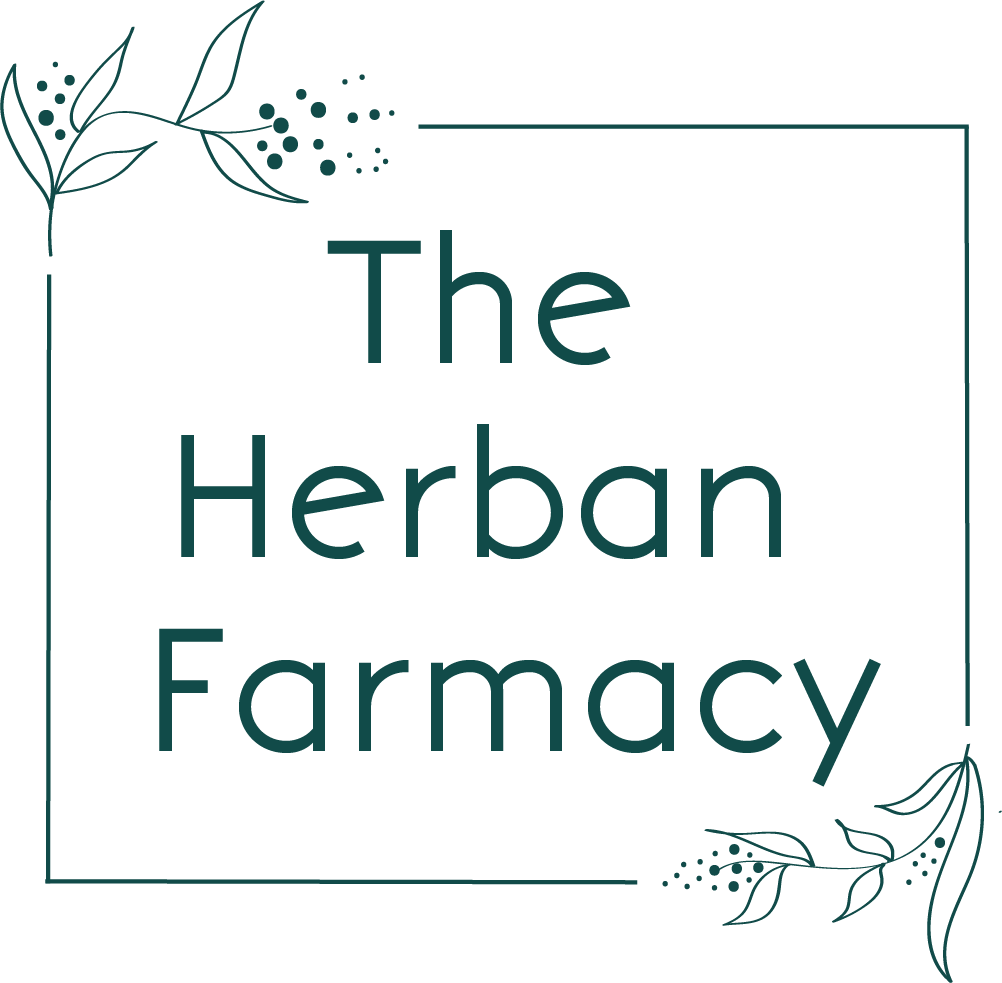Comparing Whole Food Eating Patterns
Comparing Whole Food Eating Patterns
In our quest for optimal health, it's crucial to examine the impact of different dietary choices. While whole food diets, whether plant-based or animal-inclusive, offer benefits compared to processed foods, I want to shed light on why a whole food plant-based diet takes the lead. Additionally, we'll explore the negative aspects of processed foods, emphasizing the concerns associated with incorporating animal products into a whole food diet.
The Dangers of Processed Foods:
Processed foods have permeated our modern food landscape, posing significant risks to our health. Laden with refined sugars, unhealthy fats, artificial additives, and excess sodium, these products can lead to weight gain, inflammation, and chronic diseases. Processed foods are often lacking in essential nutrients, fiber, and phytochemicals found in whole foods. Their consumption has been linked to obesity, cardiovascular problems, diabetes, and even certain cancers. By choosing whole foods over processed alternatives, we prioritize nourishing our bodies with real, nutrient-dense sustenance.
Comparing Whole Food Diets:
Both whole food plant-based diets and animal-inclusive whole food diets offer advantages over processed foods, but key differences exist.
Nutrient Density and Fiber: Whole food plant-based diets shine in terms of nutrient density and fiber content. By focusing on fruits, vegetables, whole grains, legumes, nuts, and seeds, individuals benefit from a wide range of vitamins, minerals, antioxidants, and phytochemicals. These components promote optimal health, protect against chronic diseases, and support healthy digestion.
Concerns with Animal Products: When it comes to animal-inclusive whole food diets, certain health concerns arise. Cholesterol, C-reactive protein (a marker of inflammation), and trimethylamine N-oxide (TMAO) are factors associated with animal product consumption. Elevated cholesterol levels have been linked to heart disease, while higher C-reactive protein levels indicate increased systemic inflammation. TMAO, a byproduct of gut bacteria metabolizing certain compounds found in animal products, has been implicated in cardiovascular disease. These considerations warrant caution when incorporating animal products into a whole food diet.
Prioritizing a Whole Food Plant-Based Diet: The advantages of a whole food plant-based diet are numerous:
Optimal Nutrient Profile: Whole plant foods offer a wide array of vitamins, minerals, antioxidants, and phytonutrients that support overall health, boost immune function, and reduce the risk of chronic diseases.
Fiber Powerhouse: Plant-based diets are rich in dietary fiber, promoting healthy digestion, aiding weight management, and reducing the risk of conditions like constipation, diverticulitis, and colon cancer.
Anti-Inflammatory Benefits: Plant-based diets have been associated with reduced inflammation, promoting cardiovascular health, and lowering the risk of inflammatory conditions.
Cholesterol-Free and Heart-Healthy: By avoiding animal products, individuals can maintain low cholesterol levels, reducing the risk of heart disease and related complications.
While whole food diets, whether plant-based or animal-inclusive, are superior to processed foods, the evidence favors a whole food plant-based approach. Embracing this lifestyle provides optimal nutrient intake, high fiber content, and a lower risk of chronic diseases. By being mindful of the potential health risks associated with animal products, particularly cholesterol, C-reactive protein, and TMAO, individuals can make informed choices to prioritize their well-being. Say no to processed foods and yes to the power of whole food plant-based nutrition for vibrant health and longevity.
If you found this helpful and want to learn more about promoting longevity, maximizing nutrition and living naturally, join Holistic Wellness Society.


